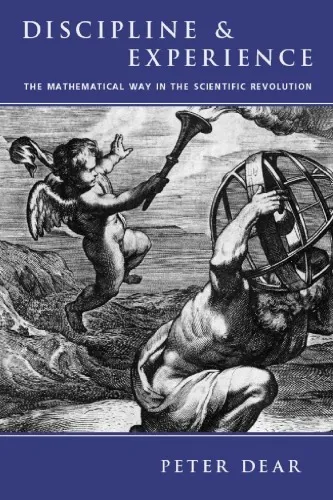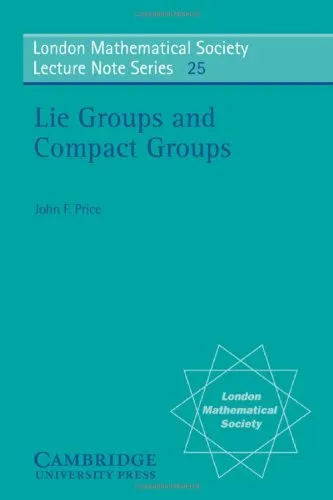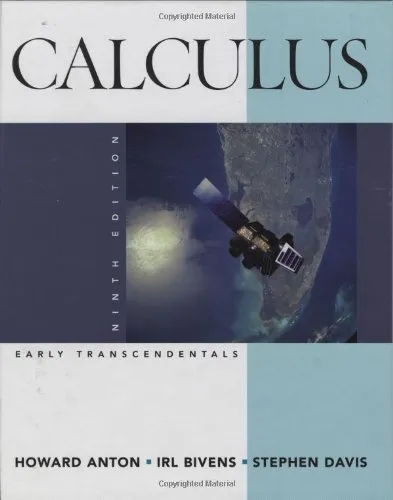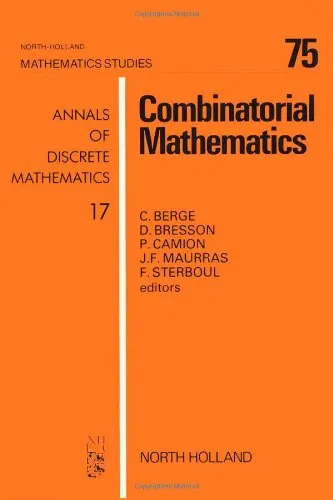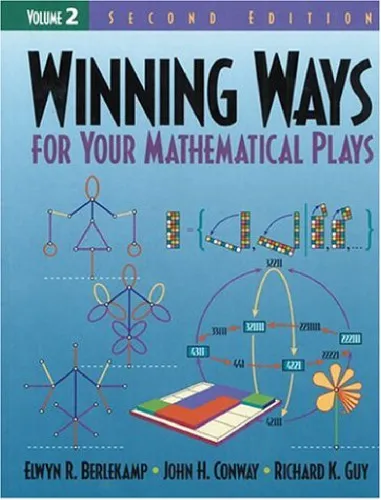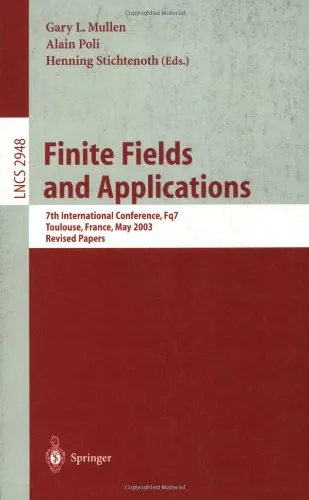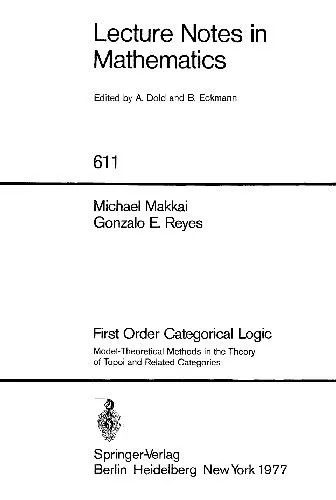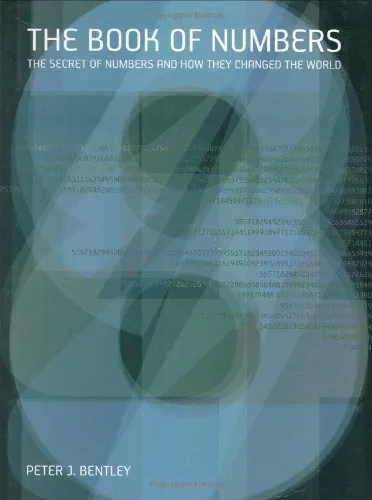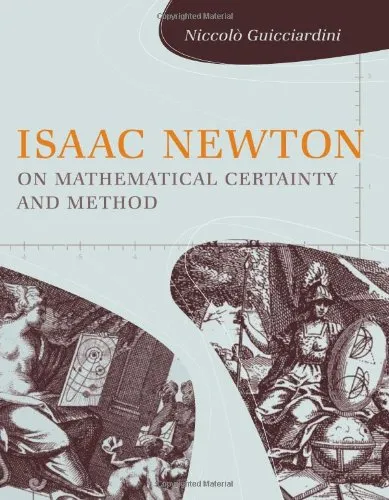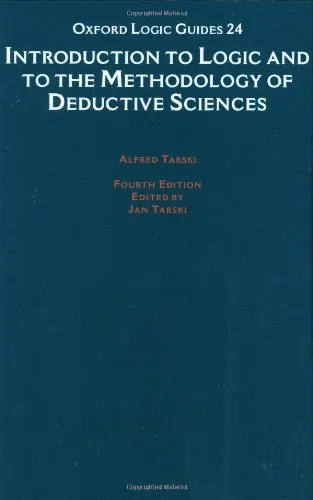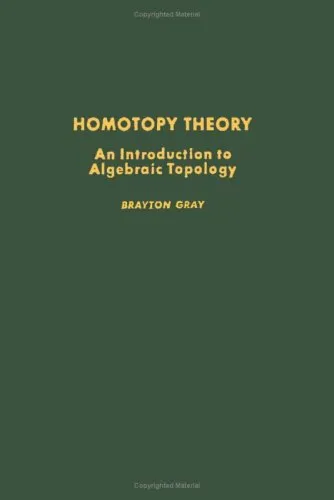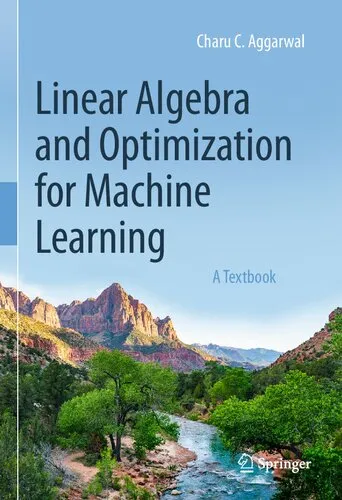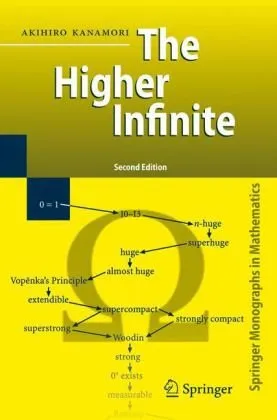Discipline and Experience: The Mathematical Way in the Scientific Revolution
4.0
Reviews from our users

You Can Ask your questions from this book's AI after Login
Each download or ask from book AI costs 2 points. To earn more free points, please visit the Points Guide Page and complete some valuable actions.Related Refrences:
Welcome to an insightful exploration into the transformative period of the 17th-century scientific revolution, where mathematics significantly reshaped the paradigm of science. 'Discipline and Experience: The Mathematical Way in the Scientific Revolution' by Peter Dear delves into how mathematics not only served as a tool for scientific inquiry but also influenced the conceptual underpinnings of scientific practices. In this introduction, we'll walk you through the essence of the book, its key insights, memorable quotes, and the significance of its content in understanding the evolution of modern science.
Detailed Summary
In 'Discipline and Experience: The Mathematical Way in the Scientific Revolution', Peter Dear meticulously examines the interplay between mathematical discipline and empirical experience during a time of prolific scientific development. The book presents a thorough analysis of how the application of mathematical reasoning provided a framework that challenged and eventually supplanted more traditional, speculative approaches to scientific investigation. By focusing on the works and ideologies of prominent figures such as Galileo, Descartes, and Newton, Dear illuminates the shift from qualitative observation to quantitative measurement as the cornerstone of natural philosophy.
Peter Dear argues that mathematics became a means to assert control over nature, transforming it into a discipline where theoretical predictions could be systematically tested and validated. Consequently, this mathematical methodology laid down the foundational principles of the modern scientific method. The book discusses how this transition was not merely about the increased use of mathematical tools but also about a fundamental change in the conception of what constituted legitimate knowledge about the natural world. Through meticulous analysis and an engaging narrative, Dear enriches our understanding of the historical context that fostered the rise of mathematical sciences.
Key Takeaways
- Mathematics provided a structure for exploring natural phenomena beyond philosophical speculation, marking a pivotal change in scientific inquiry.
- The interplay between mathematics and empirical observation laid the groundwork for the development of the scientific method.
- The Scientific Revolution highlighted a shift towards interdisciplinary approaches, integrating mathematics into the broader scope of scientific investigations.
- Understanding the historical context of this period is crucial for appreciating the evolution of modern scientific thought and methodology.
Famous Quotes from the Book
"In the new mechanics, mathematics was no longer merely an elegant language but a fundamental constituent of knowledge itself."
"The real shift of the Scientific Revolution was that it implanted an unshakeable confidence in the power of the human mind to penetrate the secrets of the natural world through the rigors of disciplined inquiry."
Why This Book Matters
This book stands as an essential resource for anyone keen to understand the historical transformation that shaped the trajectory of modern science. Peter Dear's exploration highlights the crucial role that mathematics played in redefining scientific methods, illustrating that the Scientific Revolution was as much about the adoption of new intellectual tools as it was about new discoveries. By bridging the gap between historical events and philosophical implications, 'Discipline and Experience' encourages readers to appreciate the intricate dynamics of past scientific evolutions and their enduring impact on contemporary scientific practices.
Moreover, in an era where the boundaries between disciplines continue to blur, the insights offered by this book remain relevant, reminding us of the perennial value of methodological innovation and intellectual rigor. For historians of science, students, and general readers alike, 'Discipline and Experience' provides critical perspectives on the transformative power of mathematical thought in the development of scientific knowledge.
Free Direct Download
You Can Download this book after Login
Accessing books through legal platforms and public libraries not only supports the rights of authors and publishers but also contributes to the sustainability of reading culture. Before downloading, please take a moment to consider these options.
Find this book on other platforms:
WorldCat helps you find books in libraries worldwide.
See ratings, reviews, and discussions on Goodreads.
Find and buy rare or used books on AbeBooks.
1276
بازدید4.0
امتیاز0
نظر98%
رضایتReviews:
4.0
Based on 0 users review
Questions & Answers
Ask questions about this book or help others by answering
No questions yet. Be the first to ask!
